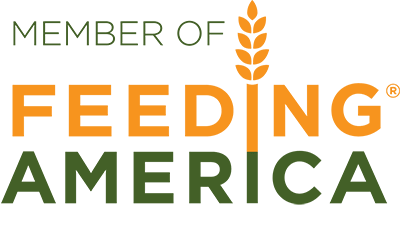National Nutrition Month: Consult a Registered Dietitian Nutritionist (RDN)

March is National Nutrition Month®️, and the Academy of Nutrition and Dietetics wants to help give everyone the tools to make informed food choices and develop healthful eating and physical activity habits for life. This year’s theme is to Personalize Your Plate, and this week’s message is to: consult a Registered Dietitian Nutritionist (RDN)
Anyone can call themselves a nutritionist, but only RDN’s have met the comprehensive standards established by the Academy of Nutrition and Dietetics. RDN’s have a bachelor’s degree, are taught a specially designed nutrition curriculum, pass a national registration examination, and complete an extensive supervised internship. About half of all RDN’s have a graduate degree, and many have advanced certifications in specialized fields. RDN’s are the food and nutrition experts and can meet you where you’re at to help you achieve your goals.
Here for 5 tips for working with a RDN.
1. Ask your doctor for a referral to an RDN
- Many private insurers, state Medicaid plans, and Medicare cover visits for certain preventive services and health conditions with a referral from your physician.
- Call your insurance provider and ask questions to find out what nutrition services are covered with your plan.
- To find a RDN near you, go to https://www.eatright.org/find-an-expert or check with your local hospital, doctor, or insurance company.
2. Receive personal nutrition advice to meet your goals
- Whether your goal is to slim down, lower your cholesterol, or to simply eat better, a RDN can help you avoid fad diets and can provide you with a sound, easy to follow plan that is tailored to you, your goals, and your lifestyle.
- A RDN can help provide you with the best path from where you are now to where you want to be.
3. Meet RDNs in a variety of settings throughout your community
- RDNs can be found working in the treatment and prevention of disease, in community and public health settings, in research, and in many other non-traditional work settings.
- Hospitals – RDNs educate patients about nutrition, provide medical nutrition therapy, provide nutrition support, and manage the foodservice operations.
- Schools – RDNs create healthy menus, help create wellness policies, and may provide nutrition education to help kids learn about the importance of a balanced diet early on.
- Community and Public Health Centers – RDNs help the public improve their quality of life through teaching balanced eating habits.
- Private Practice – RDNs provide individual client counseling to help people meet their goals.
4. Find an RDN who is specialized to serve your unique needs
- When you have a chronic disease, like high cholesterol, high blood pressure, diabetes, kidney disease, or cancer, it can be hard to know what to eat. A RDN can help you with a personalized eating plan that includes the important nutrients to help you manage your condition.
- When you have food allergies or sensitivities, a RDN can teach you how to read food labels, help you identify which ingredients to avoid, and help you find tasty substitutions to keep your diet balanced.
- When you or your child are a picky eater, a RDN can help identify nutritional risks and help recommend strategies to help you or your child achieve a balanced diet.
5. Thrive through the transformative power of food and nutrition – good nutrition benefits other areas of your health and life, including:
- Reduced risk of chronic disease
- Improved ability to learn and concentrate
- Improved ability to fight off illness
Thank you for following along with us for National Nutrition Month. You can also follow us on Facebook and find healthy recipes here.
